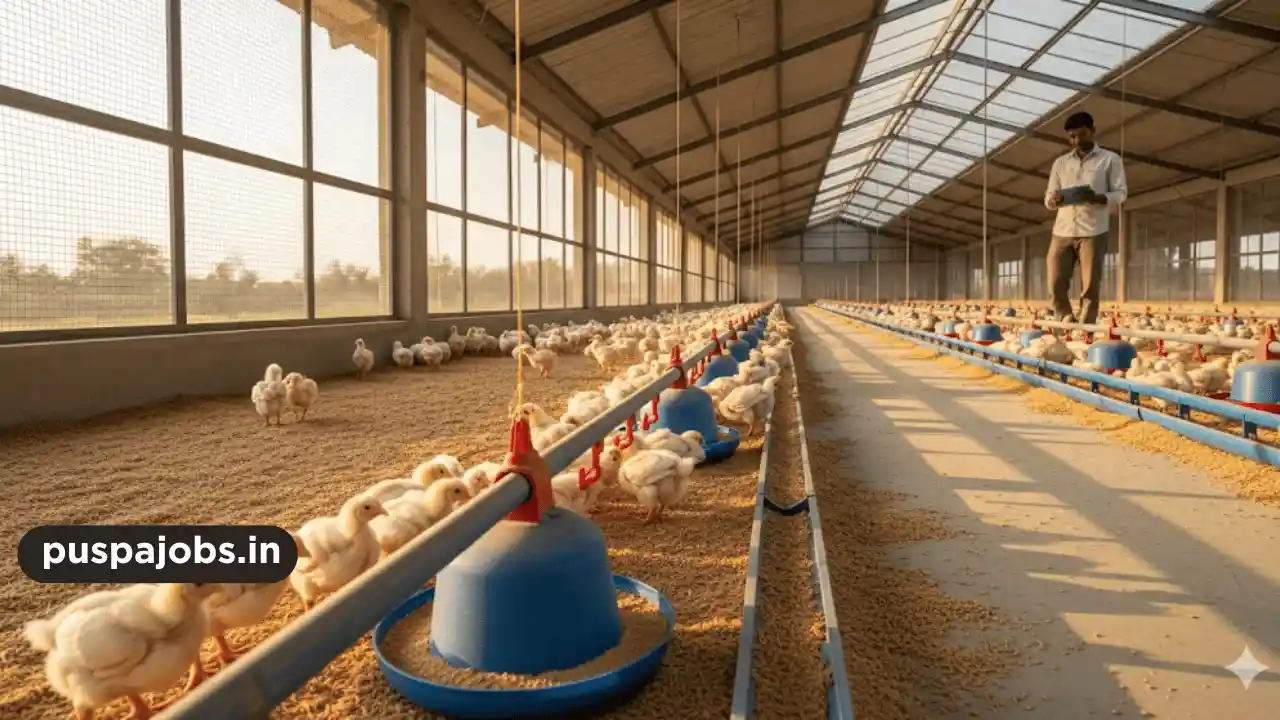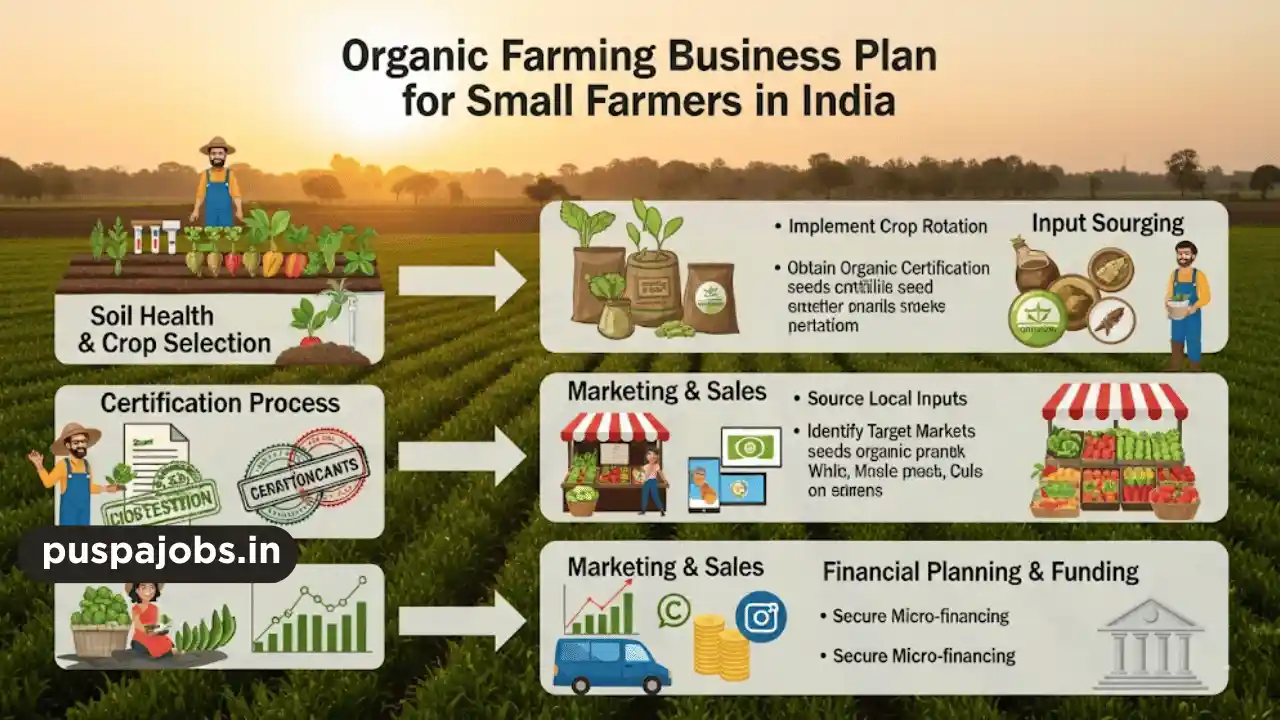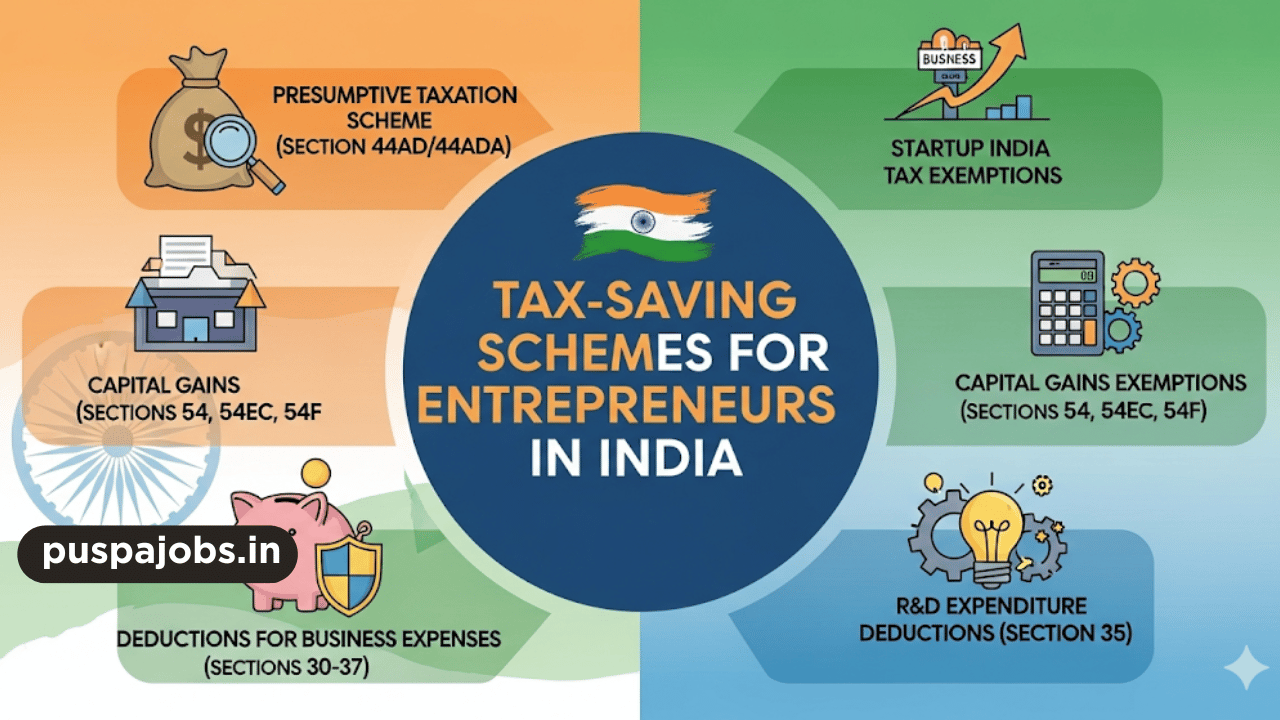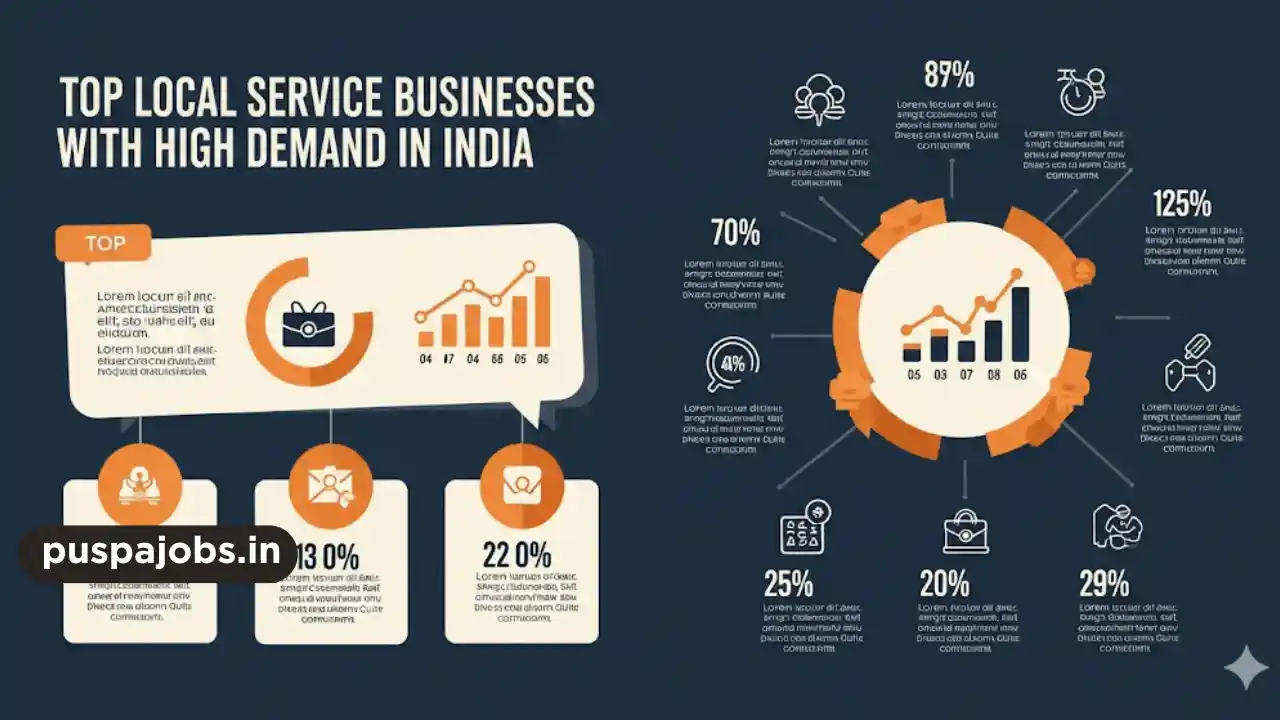Poultry farming is one of the most profitable and scalable agricultural businesses in India. With growing demand for eggs and meat, it offers a steady income source for beginners and small-scale entrepreneurs. Starting a poultry farm requires careful planning, proper management, and knowledge of best practices to ensure sustainable profits.
Understanding the Market
Before starting a poultry farm, it is essential to analyze local demand. Eggs, broilers (meat chickens), and layers (egg-laying hens) are in high demand in urban and semi-urban markets. Identifying target customers, including households, restaurants, and retail stores, will help in planning production capacity and marketing strategies.
Choosing the Right Breed
Selecting the right poultry breed is crucial for success. Common options include:
- Layers: For egg production. Popular breeds are White Leghorn and Rhode Island Red.
- Broilers: For meat production. Popular breeds are Cobb 500 and Vencobb.
- Dual-purpose breeds: Suitable for both eggs and meat.
Beginners are recommended to start with layers or broilers based on market demand and ease of management.
Setting Up the Farm
A well-planned poultry farm ensures healthy birds and high productivity. Essential requirements include:
- Housing: Properly ventilated, clean, and predator-proof sheds.
- Feeding and Watering: Adequate feeders and clean water supply.
- Lighting and Temperature Control: Especially important for layers to maintain egg production.
- Biosecurity Measures: Prevent diseases with hygiene protocols, disinfectants, and vaccination.
Small-scale farms can start with 100–500 birds and gradually scale up.
Investment and Cost Management
Starting a poultry farm requires moderate investment, including costs for chicks, feed, housing, vaccination, and labor. For small farms, initial investment ranges from ₹50,000 to ₹2,00,000 depending on size and breed. Efficient cost management, timely vaccination, and quality feed are crucial for profitability.
Feeding and Nutrition
Balanced nutrition is key to healthy poultry and optimal production. Provide quality feed appropriate for layers or broilers, supplemented with vitamins and minerals. Growing your own feed or sourcing from trusted suppliers reduces costs and ensures consistency.
Health Management
Disease control is essential to prevent losses. Vaccinate birds as per schedule, monitor for signs of illness, and consult veterinarians for guidance. Maintaining clean housing, proper ventilation, and biosecurity measures reduces the risk of infections and ensures high survival rates.
Marketing and Sales
Eggs and broilers can be sold directly to households, retailers, restaurants, or local markets. Contract farming with retail chains or online food delivery platforms can provide steady income. Branding, consistent quality, and timely delivery help build trust and retain customers.
Challenges and Risk Management
Poultry farming may face challenges such as disease outbreaks, feed price fluctuations, and market demand changes. Risk management strategies include:
- Regular vaccination and hygiene practices
- Diversifying products (eggs and meat)
- Keeping contingency funds for emergencies
- Monitoring market trends for pricing decisions
Scaling the Poultry Farm
Once the business stabilizes, farmers can scale operations by increasing flock size, adding new breeds, setting up feed mills, or venturing into processed products like frozen meat and packaged eggs. Collaborations with cooperatives, retailers, and restaurants can expand market reach.
Conclusion
Poultry farming in India is a profitable business for beginners, offering a steady income and opportunities for growth. By choosing the right breed, maintaining proper housing, feeding, and health management, and implementing effective marketing strategies, entrepreneurs can build a sustainable poultry business. With dedication, planning, and risk management, poultry farming can become a reliable source of income in 2025 and beyond.













